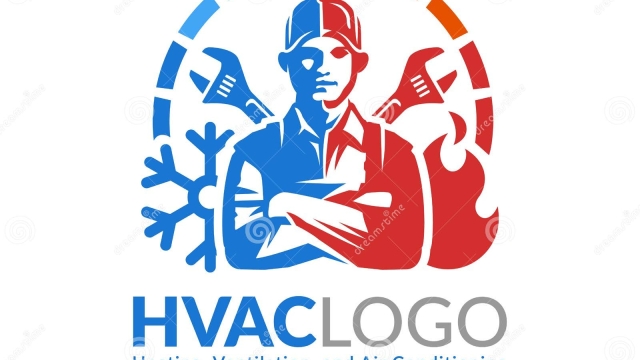
Mastering the Art of HVAC: Keeping Your Home Comfortable All Year Round
![]()
Welcome to the world of HVAC, where comfort meets technology to ensure your home remains a sanctuary throughout the year. The Heating, Ventilation, and Air Conditioning system, known as HVAC, plays a crucial role in regulating the temperature, humidity, and air quality of indoor spaces. Whether it’s the sweltering heat of summer or the chilling winds of winter, a well-maintained HVAC system can make all the difference in creating a cozy and healthy living environment for you and your family. As we delve deeper into the realm of HVAC, we will explore the key components, maintenance tips, and energy-saving strategies to help you master the art of keeping your home comfortable all year round.
Types of HVAC Systems
There are various types of HVAC systems commonly used in homes today. One popular option is a split system, which consists of an outdoor unit that houses the compressor and condenser, and an indoor unit containing the evaporator coil. Another type is a packaged HVAC system, where all components are housed in a single unit typically installed on the roof or next to the building. Ductless mini-split systems are also gaining popularity, offering flexibility by allowing different temperature settings for each room.
Heat pumps are another common type of HVAC system that can both heat and cool your home by extracting heat from the air or ground. Geothermal heat pumps are highly efficient, utilizing the constant temperature of the earth to provide heating and cooling. Furthermore, radiant heating systems deliver warmth through panels installed beneath the floor, providing a comfortable and efficient way to heat your home.
Maintenance Tips
Regular maintenance plays a crucial role in ensuring your HVAC system operates efficiently and effectively. One important tip is to regularly replace air filters to prevent dust and debris buildup, which can obstruct airflow and reduce system performance.
In addition to changing filters, it’s recommended to schedule annual professional maintenance checks for your HVAC system. A certified technician can inspect and tune up your system to identify and address any potential issues before they escalate, helping to prolong the lifespan of your unit.
Lastly, keep the area around your outdoor HVAC unit clean and free of debris such as leaves and branches. Proper airflow is essential for optimal system performance, so maintaining a clear space around the unit can prevent airflow restrictions and potential damage to the system.
HVAC service software
Energy Efficiency
When it comes to HVAC systems, energy efficiency is crucial for both environmental sustainability and cost savings. Choosing an energy-efficient HVAC unit can significantly reduce your energy bills while minimizing your carbon footprint. Look for systems with high SEER ratings and Energy Star certifications to ensure optimal efficiency in both heating and cooling functions.
Regular maintenance is key to maximizing the energy efficiency of your HVAC system. Simple tasks like changing air filters regularly, cleaning ducts, and ensuring proper airflow can make a big difference in the overall performance of your system. Additionally, scheduling annual professional maintenance checks can help identify and address any issues that may be affecting the efficiency of your HVAC system.
Incorporating smart thermostats and zoning systems into your HVAC setup can further enhance energy efficiency. These technologies allow you to customize temperature settings based on your specific needs and usage patterns, ensuring that you are only using energy when and where it’s needed most. By harnessing the power of technology, you can achieve optimal comfort levels in your home while minimizing energy wastage.



